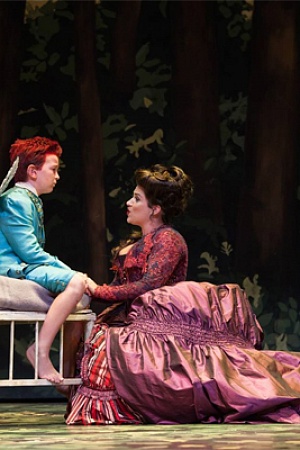Once in Royal David’s City
At a time when a convicted drug smuggler is rumoured to be about to collect a fortune for her remarkably unremarkable story and when we are heading into a new round of so-called ‘culture wars’, in which an extraordinary amount of heat will be generated with precious little light accompanying it, it is refreshing to be presented with another of Michael Gow’s forensic explorations of the world in which we stumble around. From that explosion of fury, pain, and Wagner, The Kid (1983) onwards, Gow has observed society with a ruthless but compassionate eye. Anger and grief are the dominant emotions that fuel his work, and they are very much in evidence in his latest play, Once in Royal David’s City.
Continue reading for only $10 per month. Subscribe and gain full access to Australian Book Review. Already a subscriber? Sign in. If you need assistance, feel free to contact us.















Comment (1)
Leave a comment
If you are an ABR subscriber, you will need to sign in to post a comment.
If you have forgotten your sign in details, or if you receive an error message when trying to submit your comment, please email your comment (and the name of the article to which it relates) to ABR Comments. We will review your comment and, subject to approval, we will post it under your name.
Please note that all comments must be approved by ABR and comply with our Terms & Conditions.